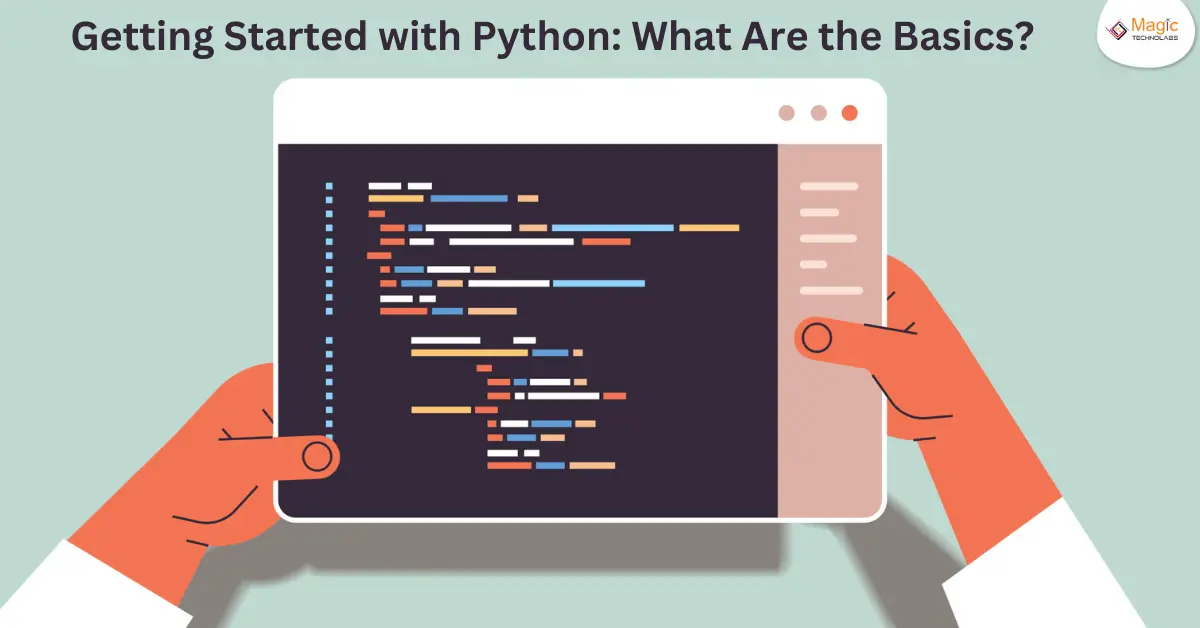Embarking on the Python programming journey opens a gateway to a versatile and powerful language. For beginners, understanding the basics is key to building a strong foundation.
1. Hello, Python!
The quintessential "Hello, World!" program marks the starting point. It's a simple script that outputs this greeting, introducing you to the syntax and structure of Python.
2. Variables and Data Types
In Python, variables act as containers for storing data. Understanding data types such as integers, floats, strings, and booleans is fundamental. Python's dynamic typing allows variables to change types dynamically during runtime.
3. Control Flow: If, Else, and Loops
Conditional statements (if, else) and loops (for, while) dictate the flow of your program. They enable decision-making and repetitive tasks, enhancing the functionality of your Python scripts.
4. Functions for Reusability
Functions encapsulate a block of code, promoting code reusability and modularity. Defining and calling functions is a fundamental skill for effective Python programming.
5. Lists and Dictionaries
Python offers versatile data structures like lists and dictionaries. Lists are ordered collections, and dictionaries are key-value pairs. Understanding their usage enhances your ability to manipulate and organize data.
6. Exception Handling
Python's try and except blocks enable effective error handling. Learning to anticipate and manage errors ensures your programs run smoothly, even when unexpected issues arise.
Mastering these basics sets the stage for diving deeper into Python's vast capabilities. As you progress, these foundational concepts will serve as the building blocks for creating more complex and sophisticated Python applications. Happy coding!
















